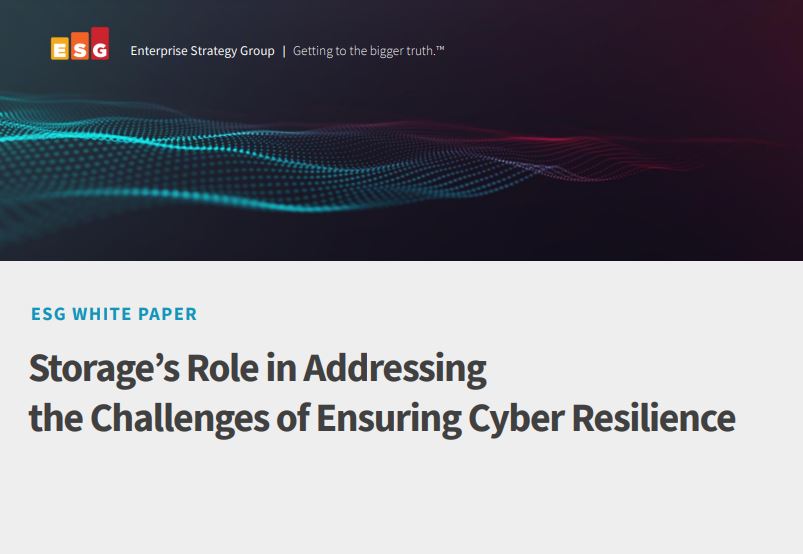Calls for international support to fight ‘uncontrollable’ ransomware surge in developing countries
Rapidly growing internet penetration is outpacing implementation of appropriate cyber security standards while countries in Global South are excluded from benefits of international sanctions


Researchers at the UK’s leading defence and security think tank have called on the country and its cyber security authorities to tackle the increased targeting of ‘Global South’ countries with ransomware.
The industry has seen a rise in ransomware incidents targeting middle-income and developing countries such as Costa Rica, South Africa, Malaysia, Peru, Brazil, and India.
Such attacks threaten these countries’ economic development and political stability, among other areas, said Joseph Jarnecki and Jamie MacColl of the Royal United Services Institute (RUSI), and high-income countries have a responsibility to expand their efforts to offer technical assistance.
The pair called on the likes of the UK’s National Cyber Security Centre (NCSC) to offer targeted nations in the Global South the same level of international support as it does to other allied nations.
The UK is part of the Five Eyes intelligence-sharing alliance along with the US, Canada, Australia, and New Zealand. Together, the nations regularly issue security advisories based on nation-backed research and share information on how to best protect against cyber threats.
“The NCSC has a strong global reputation and engages frequently with advanced countries and select UK partners,” said Jarnecki and MacColl.
“By expanding its activities with smaller and underserved countries it can make strides in improving international cyber security while advancing the UK as a supporter of a safe and secure cyberspace.”
Get the ITPro daily newsletter
Sign up today and you will receive a free copy of our Future Focus 2025 report - the leading guidance on AI, cybersecurity and other IT challenges as per 700+ senior executives
The recent ransomware attacks on the nation of Costa Rica by the Conti and Hive organisations have catalysed fresh conversations around the increased targeting of less-developed countries.
Conti was the first to breach Costa Rica in April, impacting 27 government institutions and threatening to overthrow the government if its $10 million ransom was not paid.
The country later declared a state of national emergency after scores of digital systems were left downed and public sector workers forced to switch to manual processes.
The country was later targeted by a second ransomware organisation, Hive, in late May - marking another growing trend of multiple hackers attacking a single organisation simultaneously.
Other nations in South America are also struggling to mitigate the threat of ransomware and the WannaCry strain is still the most common in the region, despite very few infections being observed outside of Latin America, the Caribbean, and Southeast Asia.
WannaCry caused significant destruction when it attacked the UK and Europe in 2017, but most systems patched against the EternalBlue exploit within a year.
RELATED RESOURCE

Storage's role in addressing the challenges of ensuring cyber resilience
Understanding the role of data storage in cyber resiliency
Experts told the Atlantic Council think tank in 2021 that the still-high rates of ransomware in the regions were due to a shortage of necessary skills to build a strong cyber posture.
The RUSI researchers explained that the region was especially weak because it has seen a rapid increase in internet penetration in recent years but cyber security skills and practices have failed to keep up.
“The result is an increasing amount of vulnerable internet-facing infrastructure and services that ransomware operators are able to compromise,” they said.
The focus on international sanctions being led by the US may also be affecting victims’ appetite to pay ransom demands, in turn discouraging ransomware actors to target specific nations, the researchers said.
Global South nations also may not be able to engage in such sanctions or access the ransomware-mitigation tools required to adequately protect against attacks, they added.

Connor Jones has been at the forefront of global cyber security news coverage for the past few years, breaking developments on major stories such as LockBit’s ransomware attack on Royal Mail International, and many others. He has also made sporadic appearances on the ITPro Podcast discussing topics from home desk setups all the way to hacking systems using prosthetic limbs. He has a master’s degree in Magazine Journalism from the University of Sheffield, and has previously written for the likes of Red Bull Esports and UNILAD tech during his career that started in 2015.
-
 Bigger salaries, more burnout: Is the CISO role in crisis?
Bigger salaries, more burnout: Is the CISO role in crisis?In-depth CISOs are more stressed than ever before – but why is this and what can be done?
By Kate O'Flaherty Published
-
 Cheap cyber crime kits can be bought on the dark web for less than $25
Cheap cyber crime kits can be bought on the dark web for less than $25News Research from NordVPN shows phishing kits are now widely available on the dark web and via messaging apps like Telegram, and are often selling for less than $25.
By Emma Woollacott Published
-
 ‘Phishing kits are a force multiplier': Cheap cyber crime kits can be bought on the dark web for less than $25 – and experts warn it’s lowering the barrier of entry for amateur hackers
‘Phishing kits are a force multiplier': Cheap cyber crime kits can be bought on the dark web for less than $25 – and experts warn it’s lowering the barrier of entry for amateur hackersNews Research from NordVPN shows phishing kits are now widely available on the dark web and via messaging apps like Telegram, and are often selling for less than $25.
By Emma Woollacott Published
-
 Healthcare systems are rife with exploits — and ransomware gangs have noticed
Healthcare systems are rife with exploits — and ransomware gangs have noticedNews Nearly nine-in-ten healthcare organizations have medical devices that are vulnerable to exploits, and ransomware groups are taking notice.
By Nicole Kobie Published
-
 Alleged LockBit developer extradited to the US
Alleged LockBit developer extradited to the USNews A Russian-Israeli man has been extradited to the US amid accusations of being a key LockBit ransomware developer.
By Emma Woollacott Published
-
 February was the worst month on record for ransomware attacks – and one threat group had a field day
February was the worst month on record for ransomware attacks – and one threat group had a field dayNews February 2025 was the worst month on record for the number of ransomware attacks, according to new research from Bitdefender.
By Emma Woollacott Published
-
 CISA issues warning over Medusa ransomware after 300 victims from critical sectors impacted
CISA issues warning over Medusa ransomware after 300 victims from critical sectors impactedNews The Medusa ransomware as a Service operation compromised twice as many organizations at the start of 2025 compared to 2024
By Solomon Klappholz Published
-
 Warning issued over prolific 'Ghost' ransomware group
Warning issued over prolific 'Ghost' ransomware groupNews The Ghost ransomware group is known to act fast and exploit vulnerabilities in public-facing appliances
By Solomon Klappholz Published
-
 The Zservers takedown is another big win for law enforcement
The Zservers takedown is another big win for law enforcementNews LockBit has been dealt another blow by law enforcement after Dutch police took 127 of its servers offline
By Solomon Klappholz Published
-
 There’s a new ransomware player on the scene: the ‘BlackLock’ group has become one of the most prolific operators in the cyber crime industry – and researchers warn it’s only going to get worse for potential victims
There’s a new ransomware player on the scene: the ‘BlackLock’ group has become one of the most prolific operators in the cyber crime industry – and researchers warn it’s only going to get worse for potential victimsNews Security experts have warned the BlackLock group could become the most active ransomware operator in 2025
By Solomon Klappholz Published